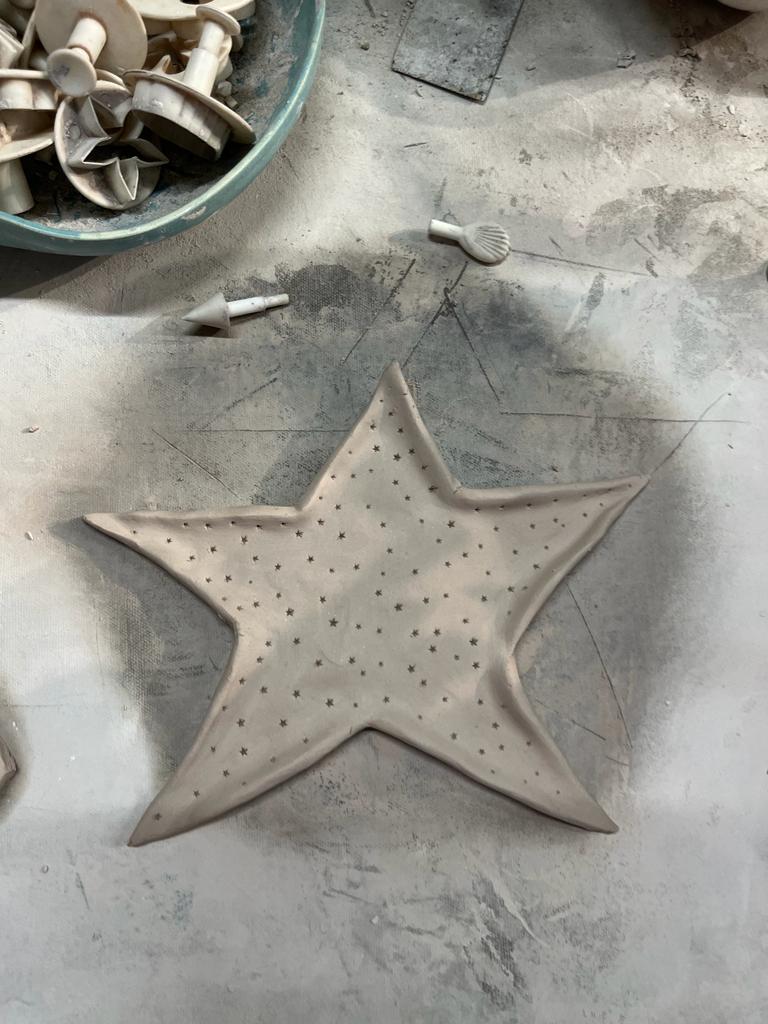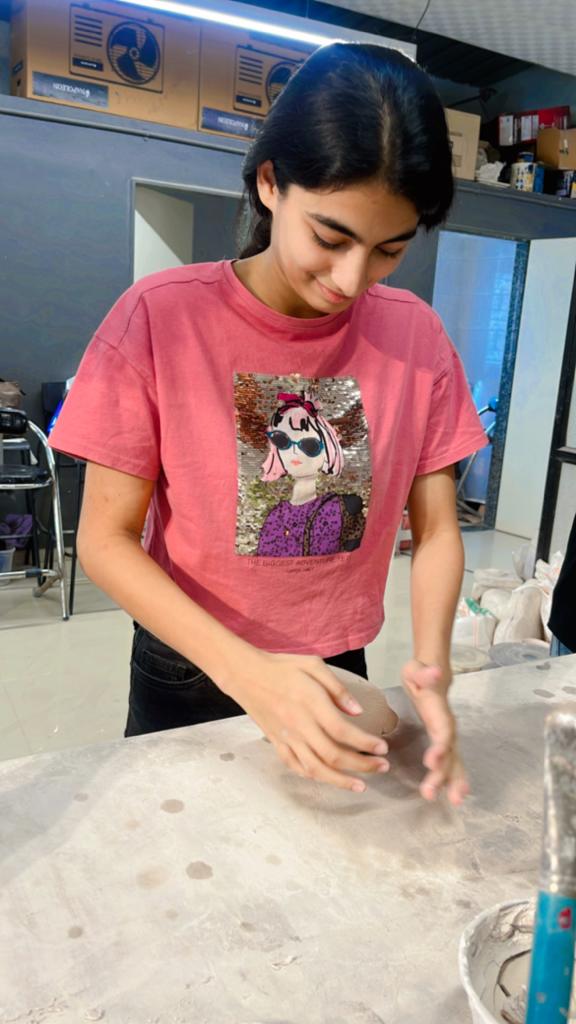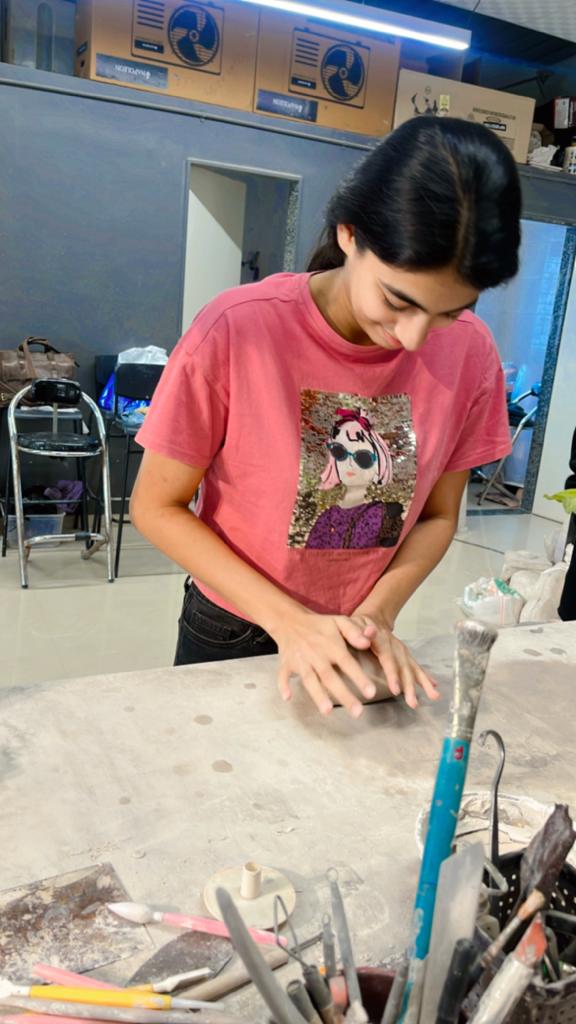Art has never been my strongest subject, but I’ve always found pottery fascinating. Pottery, an ancient and enduring art form, is the craft of shaping clay into functional and decorative objects through techniques like hand-building, wheel-throwing, and molding. After shaping, the clay is fired in a kiln, transforming it into durable, often beautifully glazed creations. With a rich history deeply rooted in human civilization, pottery not only serves utilitarian purposes, such as cooking and storage, but also serves as a canvas for artistic expression, reflecting diverse cultural traditions and innovation by contemporary artists. Its archaeological significance lies in its ability to offer insights into the technological, social, and economic aspects of past societies, making pottery a timeless and culturally significant craft.
LO1: Identify own strengths and develop areas for growth
In my CAS journey, I decided to explore the art of pottery. As a beginner, I initially struggled with shaping and designing clay into the desired forms. However, I soon realized that my patience and perseverance were my strengths in this endeavor. I was determined to develop my skills and learn from my mistakes. Through practice and guidance from my pottery instructor, I began to see improvement in my ability to create intricate pottery pieces. This experience taught me the importance of self-assessment and the value of embracing challenges as opportunities for personal growth.
LO3: Planning and initiation of activities
Embarking on this pottery journey required careful planning and initiation. I researched local pottery studios, identified a suitable class, and registered for it. I also had to manage my time effectively to balance my schoolwork and other commitments with my pottery classes. This experience reinforced the importance of setting goals, creating plans, and taking proactive steps to achieve them.
LO4: Commitment to and perseverance in activities
Pottery demanded a high level of commitment and perseverance. The process of creating pottery is time-consuming and requires patience. There were moments when I felt frustrated by my lack of progress, but I persevered. I attended every class, practiced consistently, and sought guidance when needed. This commitment taught me the value of dedication and the satisfaction that comes from seeing improvement through persistent effort.
LO5: Demonstrate the skills and recognize the benefits of working collaboratively
While pottery is often seen as an individual art form, I also had the opportunity to collaborate with others in my pottery class. We shared ideas, learned from each other’s experiences. It enhanced my ability to work effectively with others, a skill I can apply in various aspects of my life.




